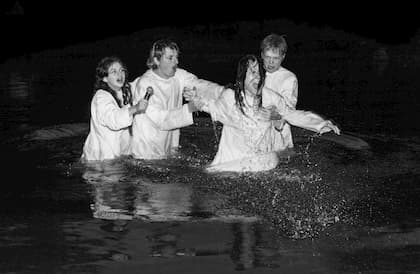
What is the place of violence and revenge in society? Can that violence ever be transcended and, if so, how? These are questions Aeschylus asked in the Oresteia.
Mokhallad Rasem is one of three directors invited by the Paris-based SIWA platform – ‘laboratoire artistique itinérant des mondes Arabes contemporains’ – to tackle Aeschylus’ Oresteia. The other two are the Iraqi director and actor Haythem Abderrazak and Célie Pauthe, French theatre director and artistic director of the Centre National Dramatique de Besançon.
Looking for Oresteia encircles Oresteia in stages by means of workshops which lead to try-outs and which in their turn prepare a more finished presentation. The first try-out took place on June 28, 2015. There will be a second in Le Mans in September 2016 and we would like to invite you to a third try-out after a new work cycle in our rehearsal space in Leopoldstraat in Antwerp on June 3, 2017.
Herewith a flavour of the try-out on June 28, 2015: the three directors, two French actors, three Iraqi actors and actresses, two Iraqi musicians and two interpreters spent ten days working on the Oresteia in a studio in Besançon. Haythem Abderrazak concentrated on part one of the trilogy, Agamemnon, and Célie Pauthe on part two, The Libation Bearers. Mokhallad Rasem turned his attention to part three, Goddesses of revenge. If the Oresteia is about ending the obligation to take revenge imposed by the gods and so heralding the beginning of the administration of justice, then the result of the workshop and above all of Mokhallad Rasem’s contribution opened up this theme to the here and now, with nuanced views on the violence omnipresent in Europe and beyond, on the situation in Iraq (from a dictator to the current chaos) and on the global market mechanisms which may well be a new variant of the inescapable, vindictive gods.
If you’d like to find out what the next stage of this work in progress has in store, you know what to do!
concept, direction
- Mokhallad Rasem
- Célie Pauthe
- Haythem Abderrazak
with
- Inaam Wali Al Battat
- Judith Morisseau
- Ikbal Naim
- Yas Khdhaer
- Marc Berman
- Dan Artus
- Maimoon Al Khalidi
artistic collaborator
- Janek Turkowski
- Jean-Pierre Han
- Arafat Sadallah
musicians
- Sari Al Bayati
- Khaled Al Khafaji
based on an artistic idea of
- Yagoutha Belgacem
Arabic translation
- Youssef Seddik
French translation
- Florence Dupont
interpreter
- Waël Ali
production
- Institut français Parijs
- Franse Ambassade in Irak
- Nationaal Theater van Bagdad
- Training Space Workshop Bagdad
- La Fonderie Le Mans
- Centre Dramatique National de Besançon
- Siwa Plateforme - Laboratoire
- Toneelhuis




